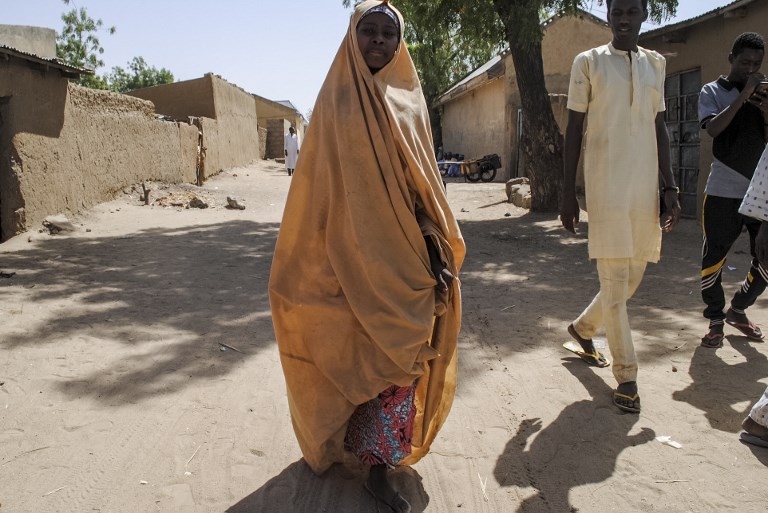
The Programme Manager of Global Rights, Edosa Oviawe, stated this while speaking with journalists during its North West Regional Conference on Women Peace and Security, in Abuja, on Tuesday.
Themed ‘Promoting Best Practices for inclusive Security and Peacebuilding Processes in North West Nigeria’, Oviawe noted that the North West used to be at the bottom, but had topped the trackings of mass atrocities across the country.
“Global Rights has been tracking incidents of mass atrocities across the different regions in the country, and we realised that in the last 10 years, incidents of mass atrocities in the North West have actually spiked.
“The North West which used to be at the bottom in ranking in terms of incidents of mass atrocities, has suddenly been at the top in the last decade and this is not far from the metallising issues of insecurity that we are having across the country including banditry.
“So, we thought, how do we begin to get community to take ownership of their own security, how do we build their capacity, how do we get everybody in the region to work together? And that is what gave birth to the idea of the project we started last year, which is majorly looking at how we rethink the security approach we are having in the region,” he said.
He said the purpose of the conference was to bring together stakeholders and partners in the region to look at what Global Rights had done in the past year, and to look at the strategies and success stories, and to find ways to build on the gains of Global Rights in the past year.
In her welcome address, the Executive Director of Global Rights, Abiodun Baiyewu, lamented the disenfranchisement of women from the peacebuilding process, despite being major victims of the crisis in the country.
“As in all peace-building processes, resolution 3.5 reminds us of the importance of women in peacebuilding. As a matter of fact, half the population of Nigeria’s population is women, but half the population of Nigeria is disenfranchised from peacebuilding processes, and that begins to inform why we thought that this intervention was necessary.
Women and children are largely most impacted by the crisis of insecurity, and Nigeria is a largely insecure place”, she noted.
Meanwhile, Alhaji Sani Umar, District head of Gagi in Sokoto, who represented the Sultan of Sokoto, Alhaji Sa’adu Abubakar, said the Sultan was excited about the choice of Sokoto and the North Western states, to benefit from the training of women to improve their well-being, as well as their engagement in decision making.
“The choice of the states in the North West precisely is timely, and he commends the funders including British High Commission, Global Rights, Kukah Centre and all other partners implementing the initiative in empowering women in decision making.
“Women constitute 50 per cent of the population of Nigeria, and it is high time we decide on inclusion because it is very important. The women need to be empowered so that they can have the voice to represent the women themselves,” he noted.














